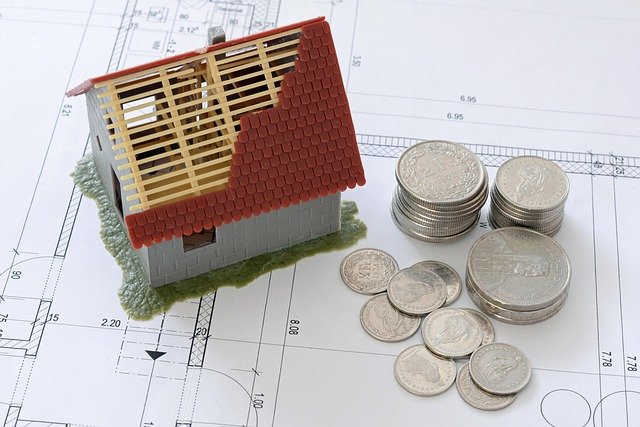Turning Abandoned Houses into Profitable Real Estate Investments: A Complete Guide
Abandoned houses represent unique opportunities in the real estate market, offering potential investors the chance to acquire properties below market value and transform them into profitable investments. These properties, while often requiring significant renovation work, can provide substantial returns when approached with proper planning and expertise. Understanding the complexities of investing in abandoned properties is crucial for success in this specialized real estate niche.

Key Considerations Before Investing in Abandoned Houses
Before purchasing an abandoned property, investors must conduct comprehensive due diligence. This includes checking for liens, back taxes, and other legal encumbrances that could affect ownership rights. Additionally, obtaining a professional property inspection is crucial to assess structural integrity, potential environmental hazards, and overall renovation requirements.
Renovation Requirements and Challenges
Abandoned properties often require extensive renovation work to become habitable and marketable. Common issues include:
-
Structural damage from neglect
-
Outdated electrical and plumbing systems
-
Mold and water damage
-
Code compliance violations
-
Pest infestations
Understanding these challenges helps create accurate renovation budgets and timelines.
Financial Planning for Abandoned House Investments
Investment costs for abandoned properties extend beyond the purchase price. Here’s a breakdown of typical expenses:
| Expense Category | Typical Cost Range | Notes |
|---|---|---|
| Purchase Price | $30,000 - $100,000 | Varies by location |
| Renovation Costs | $40,000 - $150,000 | Depends on condition |
| Legal Fees | $2,000 - $5,000 | Title search, permits |
| Holding Costs | $500 - $1,000/month | Insurance, taxes, utilities |
Prices, rates, or cost estimates mentioned in this article are based on the latest available information but may change over time. Independent research is advised before making financial decisions.
Legal Requirements and Regulations
Investing in abandoned properties involves navigating various legal requirements. Investors must:
-
Obtain necessary permits and licenses
-
Comply with local building codes
-
Follow proper acquisition procedures
-
Address any existing liens or legal claims
-
Meet zoning requirements
Marketing and Selling Renovated Properties
Successfully renovated abandoned houses can provide significant returns through resale or rental income. Key strategies include:
-
Professional photography and staging
-
Targeted marketing to potential buyers
-
Highlighting property improvements
-
Demonstrating value appreciation
-
Building relationships with local real estate agents
The transformation of abandoned houses into valuable real estate assets requires careful planning, substantial investment, and attention to detail. While these properties present significant challenges, they also offer opportunities for investors willing to undertake thorough due diligence and manage comprehensive renovation projects. Success in this market segment depends on understanding local real estate dynamics, maintaining realistic expectations, and implementing effective project management strategies.






